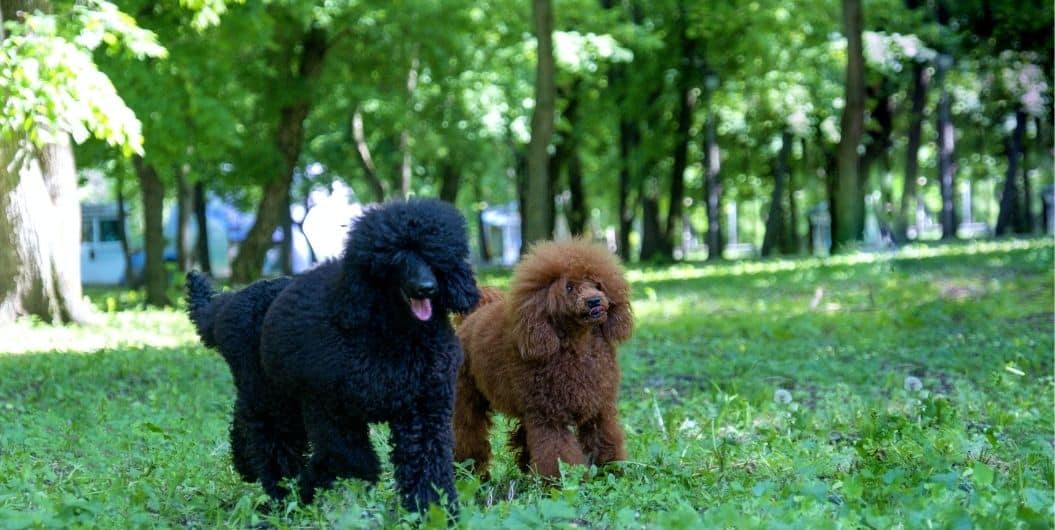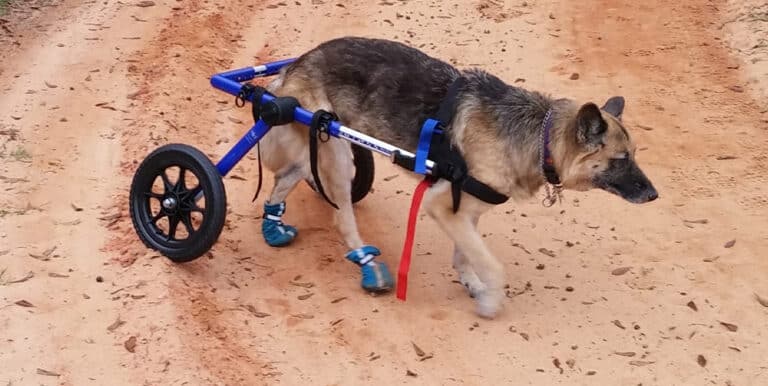What Are the Treatments for an Allergic Reaction in a Dog?

Dogs have allergies and reactions similar to humans, and the recommended treatment options are much the same. Prevention is the best method of caring for a dog with allergies. If the dog is allergic to something in its food, the ingredient will need to be determined and eliminated by restricting its diet. Dogs with environmental allergies, to such things as grass, pollen, and dander, can be given medications to lessen their allergic reactions. In addition, sometimes an allergic reaction in a dog is caused by a human product, like perfume, a cleaning product, or cigarette smoke, that can be removed from the vicinity of the dog.
As with human allergies, preventing an allergic reaction in a dog is often better than medicating it to suppress the reaction. For example, a dog that is allergic to a cleaning product is usually best off avoiding that product. There are many pet-safe products to use in its place, and medications have their own risks and side effects.

A dog with a suspected food allergy is usually put on a restricted, prescription diet by a veterinarian. The owner is asked not to feed the dog anything else, including treats. Once the allergic reaction symptoms go away, the owner slowly introduces the dog’s old food until the symptoms come back. The last food introduced is what the dog is allergic to. It is likely to contain an ingredient that many dogs are allergic to, like wheat or soy. From then on, the owner can avoid foods with such ingredients and might even home cook the dog’s meals.
Sometimes an allergic reaction in a dog is caused by outdoor environmental factors. Other than never letting the dog outside again, which is not a happy solution for most dogs, an owner can medicate the animal. These medications come in the form of pills and injections. A veterinarian will usually do a blood test to narrow down the dog’s allergens first.
Dogs can be allergic to nearly anything humans commonly keep in the house, including rubber, plastic, and shampoo. If the cause is a shampoo, the veterinarian can usually help narrow down the possibilities and recommend a safe one to use. Shampooing on a weekly basis can help cut down on reactions from dust or dander. Meanwhile, the owner is usually advised to stop smoking or spraying perfume around the dog or exposing the dog to cleaning products. An allergic reaction in a dog is usually mild, with symptoms like runny eyes, frequent licking, and ear infections. Symptoms that appear severe should be treated by a veterinarian as soon as possible.






